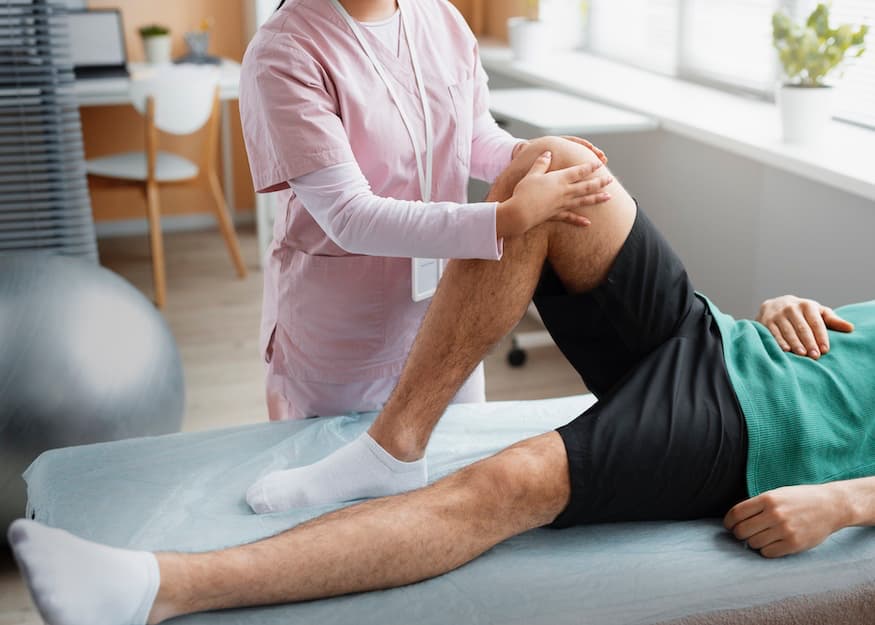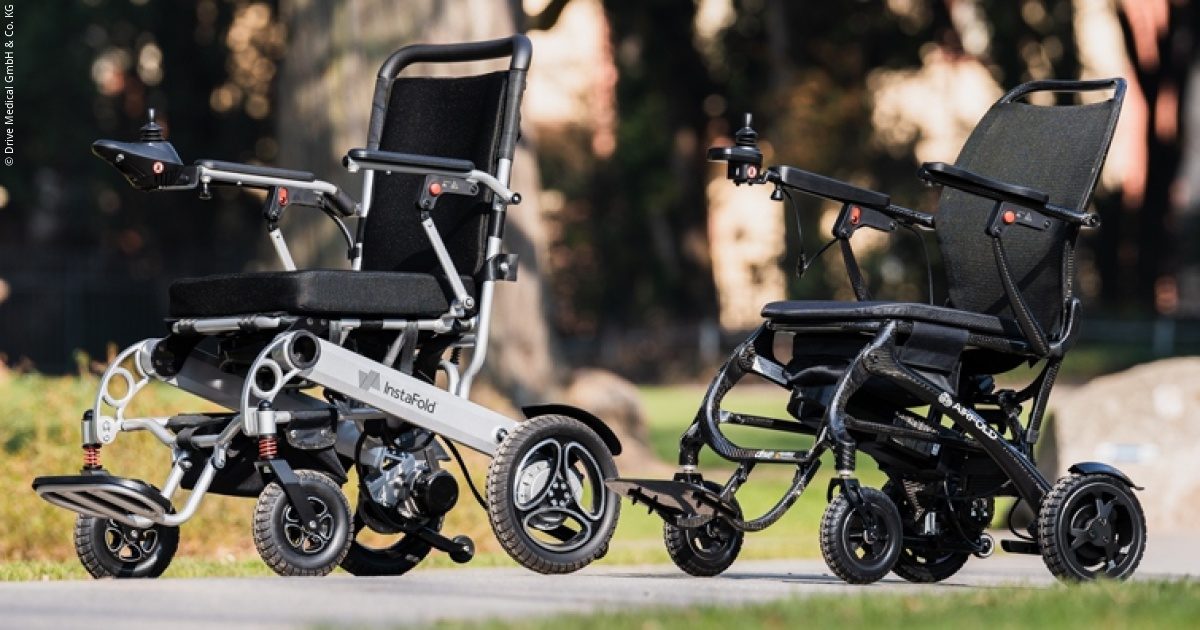How to Find the Best Knee Pain Doctor Near You: Your Guide to Relief

If you’ve been dealing with knee pain, you know how much it can mess with your day-to-day life. Whether it’s a nagging ache that won’t quit or a sharp pain that stops you in your tracks, it’s tough to keep going when your knees aren’t cooperating. Maybe you’ve been typing “knee pain doctor near me” or “orthopedic doctor for knee pain near me” into Google, hoping to find someone who can help you get back to normal. Good news—you’re in the right place! This guide is all about helping you find the right doctor, understand your options, and take the first steps toward feeling better.
Related: Bed of Nails Review: Your Path to Pain Relief and Deep Relaxation
Why Does My Knee Hurt? The Basics
Knee pain can pop up for all sorts of reasons, and it’s not always easy to figure out what’s going on. Your knee is a pretty complex setup—bones, cartilage, ligaments, and tendons all work together to keep you moving. When something goes wrong, it can throw everything off. Here are some common culprits behind knee pain:
-
Injuries: Think torn ligaments (like your ACL), a ripped meniscus, or even a fracture from a fall or accident.
-
Arthritis: Osteoarthritis is a big one, especially as we age, but rheumatoid arthritis or gout can also cause inflammation and pain.
-
Overuse: If you’re super active or play sports, repetitive stress can lead to issues like tendinitis or bursitis.
-
Alignment Problems: Flat feet, bad posture, or wonky movement patterns can put extra strain on your knees.
-
Other Stuff: Sometimes, infections, cysts, or even pain from your hip or back can make your knee hurt.
Since the knee is so complicated, seeing a specialist—like an orthopedic doctor—makes a lot of sense. They’ve got the know-how to figure out what’s wrong and how to fix it, whether it’s a quick tweak or something more involved.
Why an Orthopedic Doctor Is Your Best Bet
When you’re searching for an “orthopedic doctor for knee pain near me,” you’re looking for someone who specializes in the musculoskeletal system—basically, the pros when it comes to bones, joints, and muscles. Here’s why they’re the go-to for knee pain:
-
They Get It: Orthopedic doctors spend years learning about joints like your knee, so they can spot issues that a general doctor might miss.
-
Fancy Tools: They’ve got access to X-rays, MRIs, and other imaging to see exactly what’s going on inside your knee.
-
Lots of Options: From physical therapy to surgery, they can suggest treatments that fit your specific situation.
-
Surgical Skills: If you need an operation—like fixing a torn ligament or replacing a worn-out knee—they’ve got the expertise to do it right.
Seeing an orthopedic doctor means you’re getting targeted care from someone who deals with knee problems all day, every day. That’s a big win when you’re in pain.
How to Track Down a Great Knee Pain Doctor Near You
Finding a doctor you trust can feel overwhelming, but it doesn’t have to be. Here’s a step-by-step guide to finding a top-notch orthopedic doctor for your knee pain:
1. Kick Off with a Quick Search
Start by typing “knee pain doctor near me” or “orthopedic doctor for knee pain near me” into your search engine. You’ll likely get a list of local doctors or clinics, complete with reviews and contact info. Look for practices that focus on orthopedics or sports medicine—they’re your best bet for knee expertise.
2. Check Their Credentials
Not every doctor is the same. Look for someone who’s board-certified in orthopedics, which means they’ve passed rigorous exams and know their stuff. You can check this on sites like the American Academy of Orthopaedic Surgeons (AAOS). Bonus points if they’ve done extra training in sports medicine or knee-specific procedures.
3. Peek at Reviews
Reviews on sites like Healthgrades, Zocdoc, or even Google can give you a sense of what it’s like to be a patient. Look for feedback about knee pain treatment specifically—did the doctor listen? Were they clear about the plan? Did patients feel better? Real stories from real people can tell you a lot.
4. Ask Around
Your regular doctor, a physical therapist, or even friends who’ve dealt with knee issues might know a great orthopedic doctor. Personal recommendations are gold because they come from people you trust.
5. Make Sure It’s Practical
Double-check that the doctor takes your insurance—nobody wants a surprise bill. Also, think about location and hours. A clinic close to home or work with flexible appointments makes life easier when you’re juggling treatment.
6. Go for a Team Approach
The best clinics have a mix of experts—orthopedic surgeons, physical therapists, maybe even pain management folks. That way, you get a full-circle approach, from figuring out what’s wrong to getting you back on your feet.
What Happens When You See a Knee Pain Doctor?
Your first visit to an orthopedic doctor is all about getting to the bottom of your knee pain. Here’s a rundown of what usually happens:
-
Chatting About Your History: They’ll ask about your pain—when it started, what makes it worse, and how it’s affecting your life. Be ready to talk about your activity level, any injuries, or past treatments.
-
Hands-On Check: The doctor will move your knee around to test its strength, stability, and range of motion. They might do specific tests to check for things like ligament tears.
-
Imaging: If needed, they’ll order X-rays, an MRI, or an ultrasound to get a closer look at what’s going on inside your knee.
-
The Plan: Once they’ve got the full picture, they’ll explain what’s causing your pain and suggest a game plan. It might be something simple like rest and exercises or something more involved like surgery.
What Are Your Treatment Options?
The good news is that knee pain doesn’t always mean surgery. Your doctor will work with you to find the best approach based on what’s causing the problem. Here’s a look at common treatments:
Non-Surgical Fixes
-
Physical Therapy: Exercises to strengthen the muscles around your knee and improve flexibility. It’s like giving your knee a support squad.
-
Medications: Over-the-counter stuff like ibuprofen or stronger meds to tame inflammation and pain.
-
Injections: Shots like corticosteroids can reduce swelling, or hyaluronic acid can help lubricate the joint.
-
Braces or Orthotics: A knee brace or shoe inserts can take pressure off your knee and help it move better.
-
Lifestyle Tweaks: Losing a few pounds, switching to low-impact activities, or adjusting your routine can make a big difference.
When Surgery’s on the Table
If non-surgical options aren’t cutting it, your doctor might suggest surgery. Some common procedures include:
-
Arthroscopy: A minimally invasive surgery where they use a tiny camera to fix things like torn ligaments or meniscus damage.
-
Knee Replacement: For severe arthritis, they might replace part or all of your knee with artificial parts.
-
Ligament Reconstruction: If you’ve torn something like your ACL, they can rebuild it to restore stability.
Cool New Options
Some doctors offer cutting-edge treatments like platelet-rich plasma (PRP) therapy, which uses your own blood to promote healing, or stem cell injections. These aren’t for everyone, so talk to your doctor about whether they make sense for you.
Questions to Ask Your Doctor
To get the most out of your visit, come prepared with questions. Here are some ideas:
-
What’s causing my knee pain?
-
What treatments do you recommend, and what are the pros and cons?
-
How long will it take to feel better?
-
Are there exercises or lifestyle changes I should try?
-
If I need surgery, what’s the recovery like?
-
Are there any new treatments I should know about?
Keeping Your Knees Happy Long-Term
Once you’re on the road to recovery, you’ll want to keep your knees in good shape. Here are some easy tips:
-
Stay Active: Low-impact stuff like swimming, biking, or yoga keeps your knees strong without stressing them out.
-
Watch Your Weight: Extra pounds put more pressure on your knees, so aim for a healthy weight.
-
Warm Up: Always stretch and warm up before exercise to avoid injuries.
-
Pick Good Shoes: Supportive shoes with proper arch support can help your knees stay aligned.
-
Build Strength: Work on your quads, hamstrings, and glutes—they’re like your knee’s bodyguards.
When to Get Help ASAP
Most knee pain can wait for a regular appointment, but some signs mean you should see a doctor right away. Head to the ER or call your doctor if:
-
Your knee swells up big-time or hurts so much you can’t stand it.
-
You can’t put weight on your knee or it feels wobbly.
-
Your knee looks deformed or out of place.
-
You’ve got a fever, redness, or warmth around your knee (could be an infection).
Final Thoughts
Dealing with knee pain is no fun, but finding the right “knee pain doctor near me” or “orthopedic doctor for knee pain near me” can be a game-changer. With the right specialist, you’ll get a clear diagnosis, a plan that works for you, and the support to get back to doing what you love. Take some time to research local doctors, check their credentials, and ask questions to make sure you’re in good hands. Your knees deserve it!
Ready to start? Pop “orthopedic doctor for knee pain near me” into your search bar and take that first step toward feeling better. You’ve got this!
Related: Hair Care Routine for Healthy Hair: Do It Right Now Or Your Hair Hurts
ADVERTISEMENT





